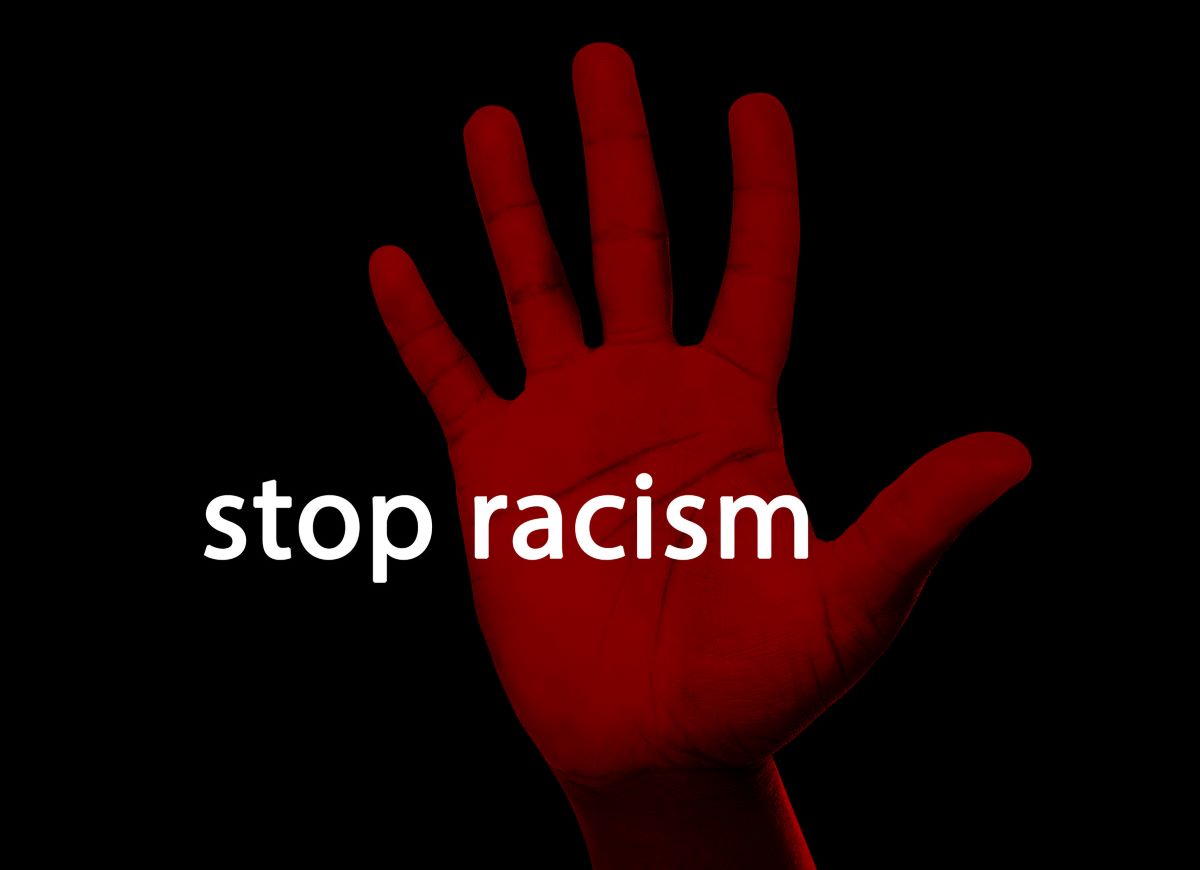Standing against anti-Asian hate, enlightening comms case studies, and more
Learn how communicators can help boost companywide resilience, and get fresh inspiration on leading more ethical corporate behavior.

Greetings to you, communication pros!
Here are some of the big comms stories from March 15-19, 2021:
1. Responding to anti-Asian hatred.
How is your company responding to the disturbing rise in anti-Asian attacks throughout the U.S.?
Even before the horrific killing spree at Atlanta-area spas on March 17, anti-Asian incidents and hate crimes have spiked—especially against women and the elderly. Asian immigrants have suffered a long history of “discrimination and violence” in this country. (Even Dr. Seuss perpetrated ugly stereotypes.)
This seems like an inflection point, but how should companies respond? What can businesses do? As Telly Wong recently wrote in PR Daily, it starts with making more of an effort to engage, understand and appreciate Asian audiences. He notes, “U.S. marketers, even some of the most culturally progressive, have had minimal experience engaging the Asian American community.” So, before rushing to post something, take a moment to learn. He offers these five tips to craft a more genuine, meaningful response to the rise in anti-Asian hate:
- First, learn the facts—and the history.
- Familiarize yourself with the organizations doing the work (not just the famous people).
- Look within, and tap the knowledge and expertise of your Asian-American colleagues and employee resource groups.
- Avoid “othering” language and imagery.
- Be a part of the solution—beyond just a social media post.
Wong concludes: “As the Asian American population grows and its voices and concerns become part of the national dialogue, so will their expectations of the brands they consume. There’s no better time than now to begin building a relationship with the community that’s founded on purpose.”
2. Comms case study takeaways.
Need a bit of fresh inspiration? Sometimes it helps to see what communication initiatives others are getting up to or going through. Take the Bank of Portugal, for instance, which recently launched two mobile apps in an effort to consolidate external and internal comms, streamline its messaging, and increase employee connectivity.
Central Banking writes:
“The decision to launch the app followed insights gained from a central bank usability and engagement study. Recognizing that more than one-third of the central bank’s website traffic was originating from mobile devices, the launch of a mobile app was a “natural progression” for the central bank, Proença says, adding that it also reinforces the bank’s engagement with younger generations.”
The Oroville Mercury-Register also has a great story on how local hospitals and health systems have responded to the pandemic over the last year, which includes helpful insights and lessons learned for comms leaders of all stripes. As one local leader sums up the ongoing challenges: “We try to redirect misinformation as quickly as we can and try to keep messaging the correct information frequently, consistently, and with all those wonderful partnerships that we do have to help broaden the message and the voice.”
PepsiCo’s global learning center of expertise recently published a set of case studies that features a trove of takeaways you might tuck into, and Fortune offers reflections on leadership.
3. New research sheds light on boosting resilience.
Experts agree that increasing resilience is crucial in the fight against burnout and mental health struggles. But how does one become “resilient”?
New research shows it might be much simpler than we often make it out to be. Science Daily shares: “Reflecting on your own capabilities boosts resilience,” and that, “Reflecting on how you have overcome past personal challenges can help you process negative experiences.”
MBG explains the study’s methodology:
“For the study, researchers worked with 75 healthy subjects and looked at their responses to negative memories. One group of participants was told to think about a time when they felt self-efficacious and then instructed to recall the bad memory afterward. The other group was instructed to think about a positive memory that wasn’t related to self-efficacy first. In the end, the group who was encouraged to think about their capabilities saw a more positive outcome compared to the other group.”
How does this apply to communicators? Well, as Psychology Today notes, “self-efficacy is indeed a causal factor in shaping, explaining, and predicting a host of behavioral and mental health outcomes. For example, self-efficacy has been found in several meta-analyses to predict health related outcomes, as well as work and academic performance.”
MGB offers this advice to put this plan into action—and to help your colleagues do the same:
“To apply these findings to your own life, you can come up with examples of times that you got yourself out of a bad situation, nailed an interview, overcame a problem, or just generally felt like you succeeded. The next time you’re faced with a challenge, come back to these previous wins. When armed with a belief in your own abilities, you might find it easier to carry on into the unknown with confidence.”
As you craft campaigns, consider how you can help employees be think more about “moments of mastery” and more mindfully dwell on self-efficacy. Then go ahead and add “Chief Resilience Officer” to your LinkedIn profile.
If you want to dig deeper into the psychology of resilience, you can dive into this pool of data.
4. Minding your CSR, DEI and ESG P’s and Q’s.
How’s your company doing on its commitments toward becoming a better, more ethical corporate citizen?
As Jessie Sitnick recently shared on Ragan, there are notable differences between philanthropy, CSR, DEI and ESG. As such, they should all be handled separately to account for the nuance of each endeavor.
As Sitnick notes, ESG initiatives require a patience and a long-term vision. Or in Tide’s case, a lot of cold water, which CNN reports is the key component of its new plan to “decarbonize laundry.”
Tide joins the likes of Wells Fargo, Goldman Sachs and a slew of other big businesses scrambling to achieve meaningful environmental goals. For other ideas to tout your company’s efforts, you might try:
- Starting a podcast to shed light on efforts
- Featuring underrepresented staffers in your storytelling
- Choosing more diverse suppliers
- Investing in scholarship endowments
- Shipping food to folks in need
- Supporting black-owned business
- Encouraging staffers to raise money through creative means
Or, if all else fails, you can always just pledge a cool $40 billion toward good causes. Whatever you do, be sure to follow up on commitments made in 2020. Your customers—and certainly your employees—will be watching closely to see that your actions match your words.
5. Farewell, college?
Google appears set to disrupt the world of education by offering a slew of certificates, which might feasibly supplant the need for a four-year degree.
As Inc. reports, Google’s plan entails:
- The release of three new Google Career Certificates on Coursera in project management, data analytics, and user experience (UX) design.
- A new Associate Android Developer Certification course.
- Over 100,000 need-based scholarships.
- Partnerships with more than 130 employers working with Google to hire graduates of its certificate program.
- A new Google Search feature that makes it easier for people to find jobs for their education level, including no degree and no experience.
Inc. continues: “Most enrollees will finish in six months or less, putting the cost at about $240 for U.S. students. Some may need only three months, cutting that cost in half. Google is offering 100,000 need-based scholarships in the U.S.”
Though Google’s initial offerings don’t pertain specifically to comms functions, communicators should follow these developments closely, as certificate-based qualifications could be a massive hiring, engagement and retention trend moving forward. Your company might also be able to benefit from early adoption of this approach. As Google CEO Sundar Pichai wrote:
“We’ve focused on looking for mission-driven companies with a genuine, clear commitment to diversity and a commitment to hiring certificate graduates who don’t necessarily have a four-year degree.”







